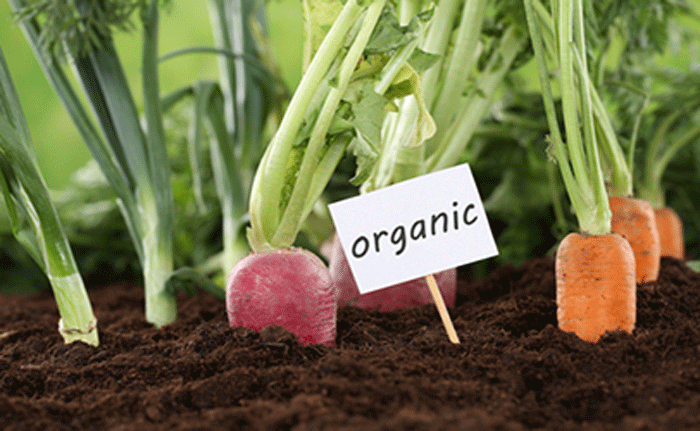The main agricultural imports of Saudi Arabia

Among the main agricultural imports of Saudi Arabia are rice, meat, barley, food preparations, milk, cream, corn, bakery products, pastries or biscuits, and cheeses.
According to a report by the World Trade Organization, bound tariffs on agricultural products range from a minimum of 0% to a maximum of 40%.
While some tobacco-related tariffs have been bound to at least 200 percent, imports of some products are prohibited (all products containing alcohol and pork products).
Applied tariffs generally range from duty-free to 25% (dates have a 40% tariff and tobacco products have mixed tariffs with an ad valorem share of 100%.
As part of the response to Covid-19, in June 2020 the authorities also increased tariffs on certain agricultural products, such as dairy products, juices, vegetable oils and olive oil.
Imports
Today, Saudi Arabia remains a large net importer of agricultural products.
In general, the WTO refers, the priorities of the national agricultural policy are related to Vision 2030, which aims to give priority to the use of water in agriculture in those areas that have natural and renewable sources of water, opt for crops that do not require a lot of water and rebalance the mix of imports and domestic production for food security purposes.
While less and less, Saudi Arabia’s economy is dependent on international trade: the ratio of trade in goods and services (exports and imports) to GDP decreased from 71.0% in 2015 to 63.7% in 2019.
This decrease is largely due to a reduction in imports of goods and services, as a percentage of GDP, from 37.8 to 27.6 percent.
In 2018, Saudi Arabia ranked 15th among world merchandise exporters and 22nd among importers (considering the Member States of the European Union as a whole and not including intra-EU trade).
In terms of trade in services, Saudi Arabia ranked 28th among exporters and 16th among importers.
Regulations
Imports of mammalian meat and poultry meat must come from establishments included in the list maintained by the SFDA.
In particular, this list can be consulted by industry or by country.
Establishments wanting to supply mammalian meat and poultry meat to Saudi Arabia must seek approval from the SFDA, which conducts an assessment including an on-site audit. If the result of the evaluation is satisfactory, the SFDA grants a certificate of approval for the establishment in question.
Since March 9, 2014, the SFDA delegates the approval of the establishments on the list to the competent authority of the exporting country, provided that it signs bilateral acts with the SFDA and guarantees compliance with the GSO standards.
All imports of food products are subject to a risk-based inspection at border inspection posts, where documentation, product type and physical controls are carried out.
If imported food needs to be sampled, it can be sent to a licensed laboratory for further testing; In these situations, imports will be held indefinitely until the final decision is made.
Authorities report that when conditions are met, customs typically clear imported food within two hours.
The most important import product is rice (mainly from India), followed by poultry meat (mainly from Brazil) and fodder barley (mainly from Argentina, the Russian Federation, Ukraine and the European Union.
Imports of agricultural products, 2014-2019

![]()

